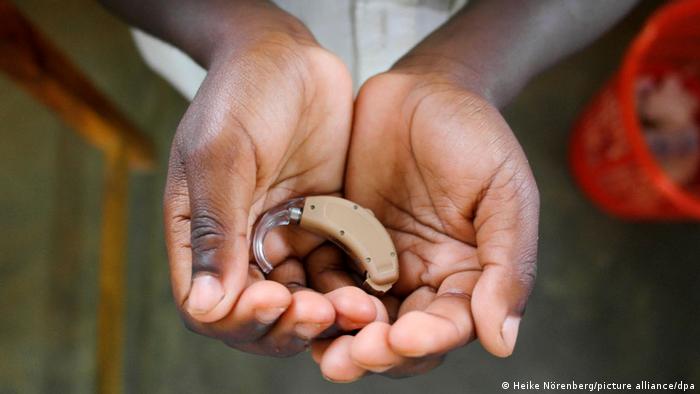PARENTS have been warned to be on the lookout for chickenpox as cases of the illness ‘explode’ early.
One expert warned that outbreaks of the illness, along with other seasonal conditions are spreading faster.
This, they say, is due to the coronavirus pandemic having disrupted usual infection patterns.
Public Health Director at East Riding Council, Andy Kingdom said as Covid-19 infections continue to fall, ‘strange changes’ in infection patterns have been detected.
He said: “We’re seeing that with chickenpox for instance, because children were kept away from each other we didn’t get the usual pattern.
“So we’re seeing schools where three classes have caught chicken pox rather than one.
“These disruptions will work their way through until things get back to normal.”;
In recent weeks, parents have also been told to be aware of the signs of scarlet fever and RSV (Respiratory syncytial virus) – as cases of both illnesses have seen an uptick.
Earlier this year medics also said there was a risk of bacterial infections such as chickenpox and scarlet fever creating a ‘cocktail’ of illnesses, making them harder to treat.
Chickenpox is a highly infectious illness caused by the varicella zoster virus, and presents itself with a characteristic rash, with vesicles on the face, spreading down over the body to the arms and legs.
Although generally mild in otherwise healthy children, it can be more severe in pregnant women and immunosuppressed individuals, the NHS warns.
Children with chickenpox should remain at home until they are better and the rash has gone.
During that time though, there are things parents can do to help ease their little one’s symptoms.
Sun columnist Dr Zoe Williams previously said that if your little one has chickenpox it’s likely they are getting irritated by the itch.
1. Use oats
An oatmeal bath will help both soothe their skin and you could also distract them with some bath toys, she advised.
Dr Zoe said: “Oats have anti inflammatory properties and can soothe and reduce itching.
“Put a handful of oats in a sock/tights and place over the tap whilst you run the bath.
“The water should look cloudy. You can also dab the sock directly onto the spots in the bath.”;
In most supermarkets, oats costs less than £1.
In Asda, a pack of Just Essential Porridge Oats costs 70p for 1kg and in Tesco, a bag from their Grower’s Harvest range also coss just 70p.
2. Trim down
Dr Zoe also advised that you keep your little one’s fingernails short.
She added that you should use mittens at night if they are scratching while they sleep.
3. Stay hydrated
The NHS says that if your little one has chickenpox, then it’s key to keep them hydrated with plenty of fluids.
If you’re child is struggling to drink, guidance states that you can try giving them ice lollies instead in order to stop them becoming dehydrated.
4. Visit the pharmacy
Official guidance states that a pharmacist will be able to help you when it comes to remedies for you little one.
This could include paracetamol to help with pain or discomfort or even buying cooling creams or gels to ward off the itches.
Pharmacists will also be able to help with the use of antihistamines and can tell you whether or not they are suitable for your child.
In some cases this type of medicine can help with itching.
5. Cool down
If you don’t like the thought of using oats, then the NHS says you can run your child a cool bath.
After the bath you should then take care to pat their skin dry and not rub, as this could cause further irritation.
6. Loose clothes
Medics state that wearing loose clothes can also be beneficial to little ones.
Some garments can stick to the body and become irritating for children with a rash.
The warning over chickenpox comes as medics in Scotland said cases of Scarlet fever were also ‘unseasonably high’.
NHS Scottish Borders said it is monitoring high numbers of the bug in the community.
Experts in Scotland have urged parents to be aware of the signs and symptoms of the Victorian illness so that early treatment with antibiotics can be given.
The UK Health Security Agency (UKHSA) also issued new guidance to parents on scarlet fever as part of a guide on how to keep under 5s safe this winter.




